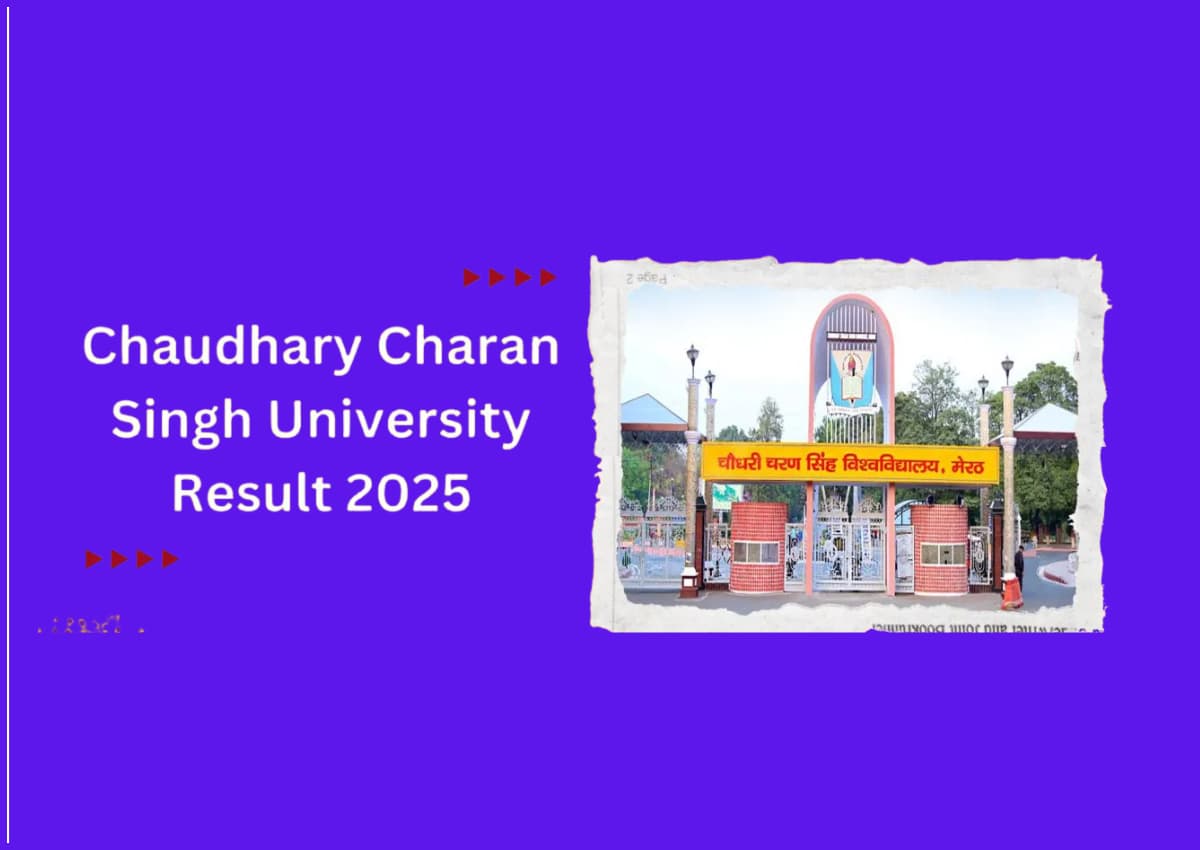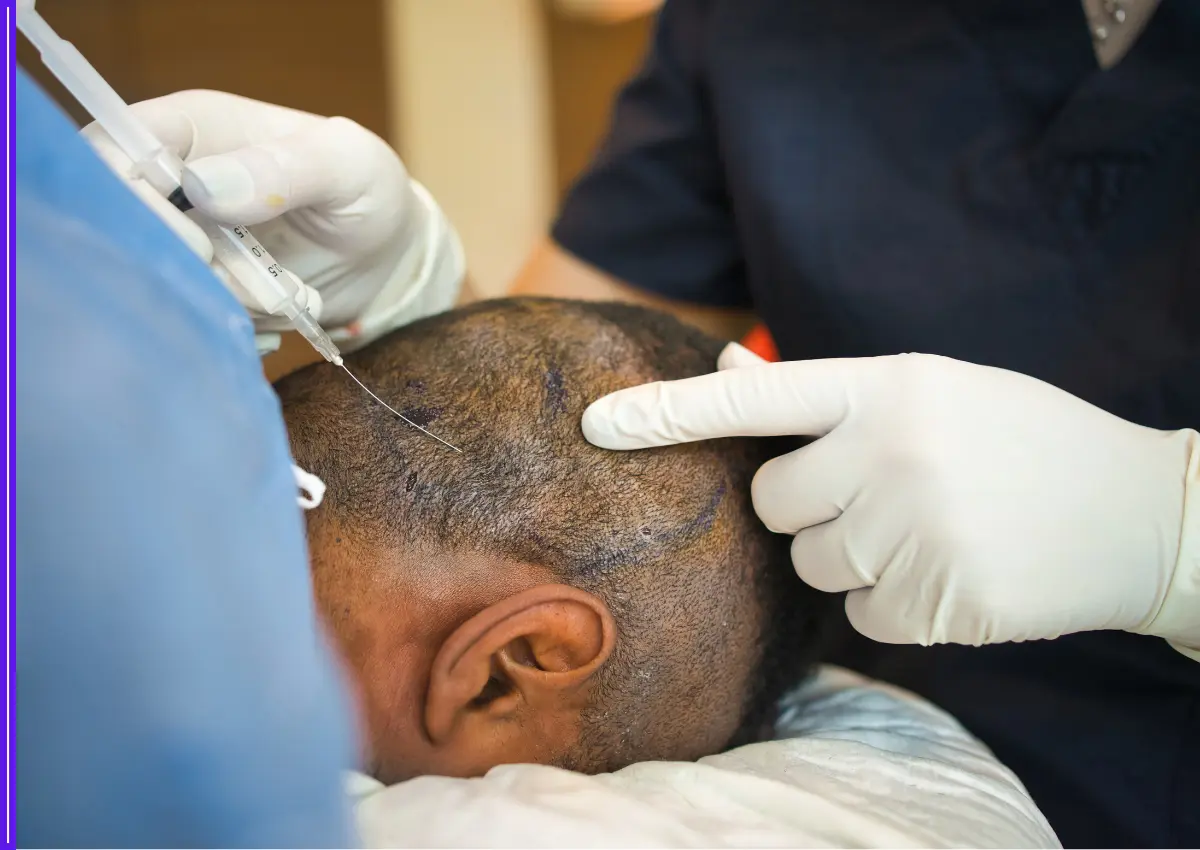Kolkata: The arrest of Monojit Mishra, widely known on campus as ‘Mango’ Mishra, has triggered shock and outrage across West Bengal after a 24-year-old law student accused him and two others of gang rape inside South Calcutta Law College. The case has not only exposed a brutal crime but also brought to light a deeply rooted culture of fear, unchecked power, and alleged political protection spanning over a decade.

According to the FIR, the survivor was lured into the college’s guard room on June 25 by Mishra, along with his associates Zaib Ahmed and Pramit Mukherjee, where she was allegedly sexually assaulted and filmed. The accused reportedly used the video to blackmail her into silence. A medical examination conducted at National Medical College on June 26 confirmed bruises and injuries on her neck and chest. The case is now being investigated by a five-member Special Investigation Team (SIT), which is analysing 42 CCTV clips, mobile tower data, and interviewing 17 students and staff.
Following public uproar, all three accused were arrested and the college swiftly terminated Mishra’s staff contract. Zaib and Pramit have also been expelled. The Higher Education Department has issued orders to permanently remove them from the institution and overhaul college security infrastructure.
Students have since come forward with disturbing testimonies describing Mishra’s alleged pattern of harassment and violence. One former student recounted how Mishra forced girls to sing for his inebriated friends and would tear their documents if they refused. Others said he frequently used the line “Tui amay biye korbi?” (“Will you marry me?”) to mock or humiliate female classmates.
The nickname ‘Mango’ dates back to his school years when he would pelt mangoes at classmates. But behind the odd name lay a track record of intimidation and influence. Reports reveal that Mishra had been rusticated from 2013 to 2016 after a stabbing incident on campus. He returned in 2017, completed his degree in 2022, and was soon hired by the college—allegedly due to his influence over student politics and local political groups.
Sources allege Mishra controlled admissions by taking bribes ranging from ₹50,000 to ₹1.5 lakh per seat, which allowed him to build a support network. Despite at least seven FIRs filed against him over the years—including four related to sexual harassment—no serious action was taken. Former faculty members admit they felt helpless due to his connections.
His alleged links with student wings of the ruling Trinamool Congress have also come under scrutiny, although the party has denied involvement. Opposition parties, including the BJP, have accused the government of protecting him for years and are now staging protests demanding institutional accountability.
In response, the college has pledged to increase security, install additional CCTV cameras, and deploy female security guards. The security agency responsible for campus surveillance has been dismissed. The state government is also covering the survivor’s medical costs.
What has deeply unsettled many is how such a culture of fear was allowed to thrive inside an academic institution. Mishra’s rise—from a notorious student to an employee with unchecked authority—has raised questions about the role of political patronage, institutional failure, and silence among those who witnessed his actions.
Students who once feared speaking out now hope that justice for the survivor will bring lasting change. “This isn’t about one man,” said a protesting student. “It’s about a system that let him become what he did. We can’t let this happen again.”
Investigations are ongoing, and forensic results are awaited. As Kolkata watches closely, the survivor’s brave voice has cracked the wall of silence—and possibly changed the course of an institution forever.








